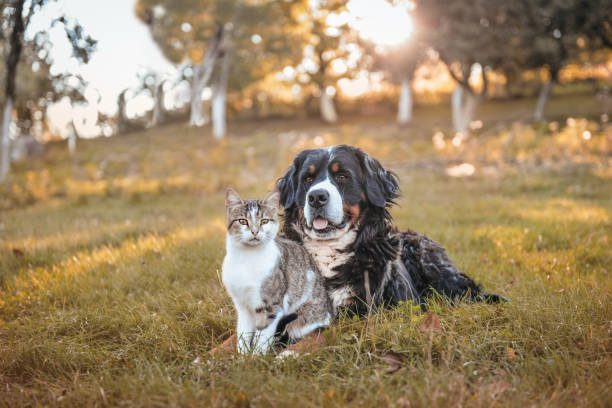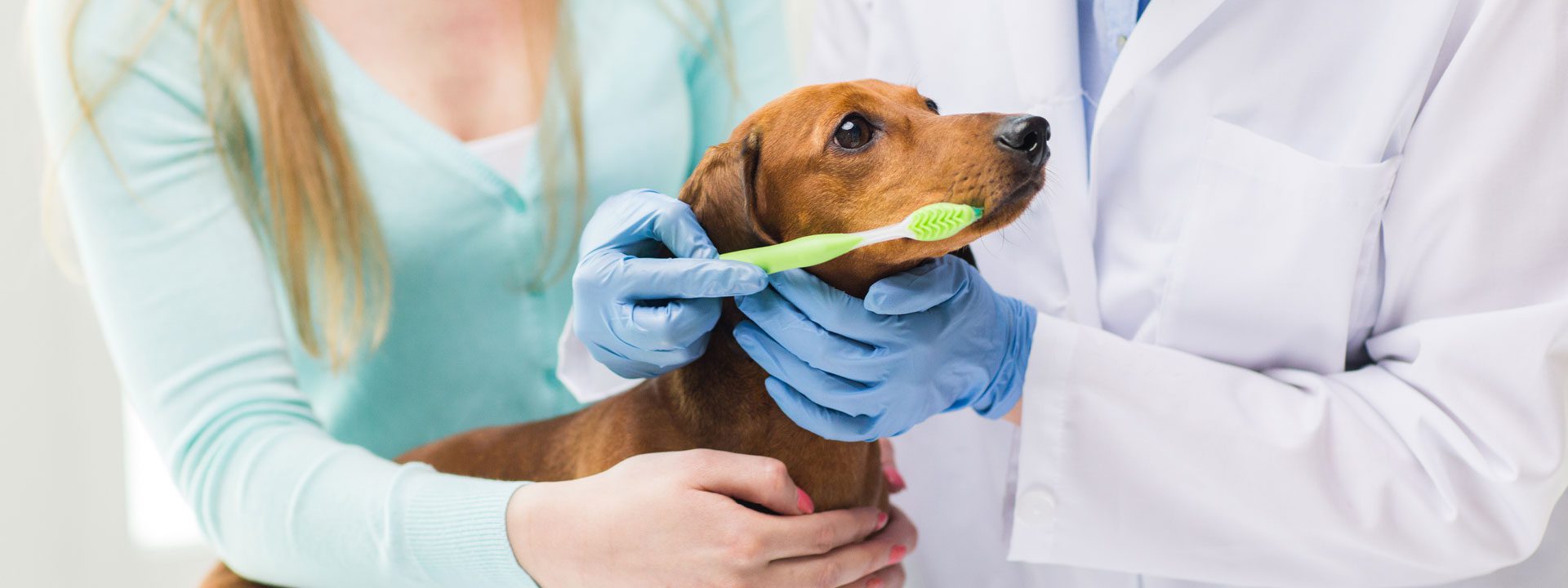
Why are Pet Vaccinations So Important: It is critical to ensure the health and safety of your pets, especially cats and dogs, by vaccinating them. To save themselves from infectious illnesses, kittens and puppies start getting vaccines at a young age, when their immune systems are still growing.
Particularly in younger animals, diseases including rabies, hepatitis, parvovirus, feline respiratory viruses, and feline enteritis may cause severe complications or even death. Instead of waiting for symptoms of these illnesses to manifest, it is preferable to take precautions to protect dogs and cats against them before they even start.
Keep reading for further tips on how to give your puppy or kitten the greatest chance of a long and healthy life by vaccinating them correctly.
How Do Vaccines Protect Your Pet?
To begin, what is the mechanism of action of a vaccine? Vaccination simulates an illness so that your pet’s white blood cells can begin producing antibodies to combat it. After binding to the pathogen, these antibodies neutralise it and begin to destroy infected cells.
We store this information in our systems, so the next time an identical pathogen enters our system, we mount a rapid and effective immune response. Modern vaccines for pets are commonplace, well-tested, and quite safe.
Why are Pet Vaccinations So Important: Vaccinations for Dogs
Between six and eight weeks of age, puppies should have their first vaccine. After that, you should repeat it every month (or every four weeks) until your puppy is four months old. You should then repeat the booster shot once a year; your veterinarian can tell you when your pet is due for each shot. Speak to your vet about ensuring your dog is vaccinated against the following:
• Canine Distemper
• Canine Infectious Hepatitis
• Bordetella Bronchiseptica
• Canine Parvovirus
• Canine Parainfluenza
Serology testing is now available – speak to your veterinarian in Rockingham today!
Vaccinations for Cats
Vaccinating cats at 8 weeks, 12 weeks, 16 weeks, and annually protects them against infections including feline immunodeficiency virus (FIV), feline chlamydia, feline influenza, and feline enteritis, all of which may be very dangerous and even deadly, especially for kittens. Your cat should be vaccinated against the following infectious diseases:
• Feline Panleukopenia
• Feline Viral Rhinotracheitis
• Calicivirus
Why Pets Insurance ?
When your pet is very sick or hurt, and you end up with a bill you didn’t plan for, it’s every pet owner’s worst fear. There are a variety of pet insurance policies to choose from, and they are distinct from wellness packages. Having pet insurance alleviates financial burdens in the event of an emergency and brings joy to the family since pets are more than just animals.
Port Kennedy Veterinary Hospital is offering its clients medical cover through Petplan.
Preventative Healthcare for Your Pet
Proper pet care includes more than simply giving your pet a vaccine. All animals need loving homes, therefore commit to your pet’s medical care; being a pet owner is a long-term commitment that demands love, money, and time.
Port Kennedy Veterinary Hospital offers a range of affordable wellness packages for pets in Rockingham and its surrounding suburbs that provide regular preventative care for the health of your cat and/or dog.
By avoiding sickness and disease altogether, regular checkups not only guarantee the continuous excellent health but also save money on potentially costly vet expenses.
With a monthly payment plan, you can rest easy knowing that you’re providing your pet with the care they need and having a safety nett in case of an emergency, all while reducing the financial burden of pet ownership. Additionally, you will have access to knowledgeable and caring veterinarians that are available 24/7 to help you with your pet.

